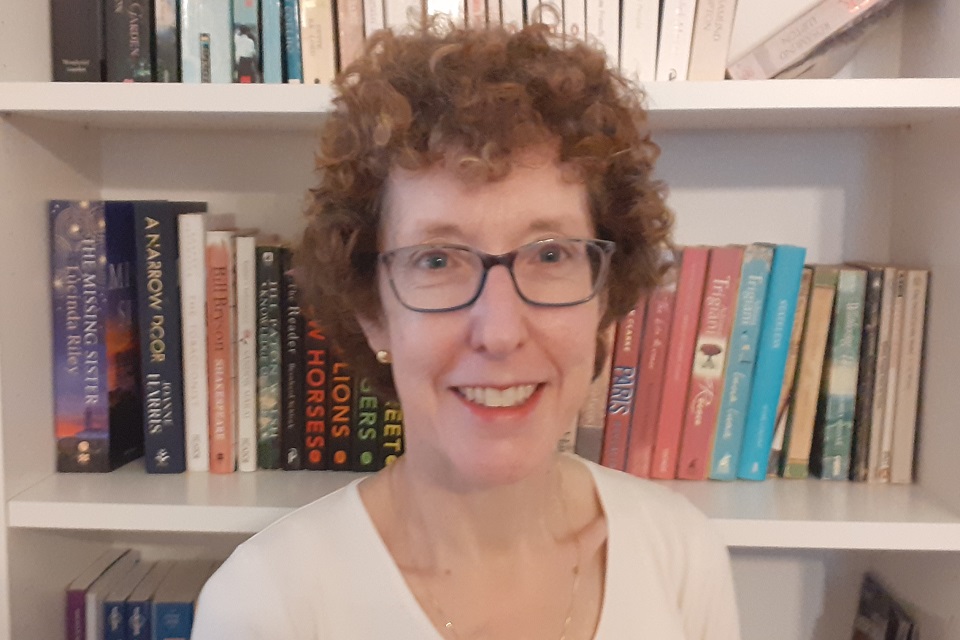Report by the Project Co-ordinator in Uzbekistan: UK response, October 2024
Deputy Ambassador Brown responds to OSCE Ambassador Karttunen's report to the Permanent Council and welcomes ODIHR's findings following the 2024 Uzbekistan parliamentary elections.

Thank you, Madam Chair.
Firstly, I would like to welcome Ambassador Karttunen to the Permanent Council. Thank you and your team for your report, and for the helpful presentation this afternoon.
Madam Chair, the United Kingdom has continued to build our relationship with Uzbekistan and is committed to supporting the government in carrying out its wide-ranging reforms. Our governments recently signed a joint declaration covering all aspects of the bilateral relationship, and an agreement to collaborate on transport infrastructure.
We welcome the close cooperation between the Government of Uzbekistan and the Project Coordinator and commend the Project Coordinator’s work across the three dimensions.
In the first dimension, we welcome the work the Project Coordinator is doing on border security. We were pleased to be able to support this effort recently with our own training. Last month the UK’s Surrey Police Dog Training Centre concluded a one-month training course for the Customs Committee of Uzbekistan, strengthening the capacity of Uzbek instructors to effectively use dogs in detecting drugs, cash, and firearms.
In the second dimension, we commend the work of the Project Coordinator in the areas of climate change and water management, and we are proud donors to the OSCE project on “strengthening responses to security risks from climate change in Central Asia”. We recognise the particular vulnerabilities Central Asian states have to climate change and its consequences. This is why we are funding a regional programme to improve Central Asia’s resilience and sovereignty by strengthening regional cooperation on water and energy to deliver low carbon and climate resilient growth.
And in the third dimension, we note the positive steps taken – as identified by ODIHR and the RFoM – in the draft information code, including a ban on censorship and media monopolisation, and the requirement for free access to and use of information for everyone without discrimination. We urge the Government of Uzbekistan to address concerns raised about concentrating media regulation under the government rather than an independent regulatory body, and the broad grounds for restricting content and suspending media activities.
We note the ODIHR election observation mission’s initial assessment on the Parliamentary elections held in Uzbekistan on 27 October and welcome their findings that the elections were technically well prepared, registered political parties were able to campaign freely and – particularly – that there has been progress in gender parity with women well represented among candidates and in the electoral administration. The findings are also clear that the political environment remained constrained and did not provide voters with a genuine choice. We stand ready to provide support to Uzbekistan in addressing the significant challenges the assessment outlines in meeting international standards for democratic elections. We urge the Government of Uzbekistan to continue working with ODIHR to implement outstanding recommendations.
In closing, let me thank Ambassador Karttunen and his team in Uzbekistan for their efforts in upholding the principles of the OSCE and ensuring their important work continues – particularly in light of the considerable challenges caused by the continued non-agreement of the Unified Budget.
Thank you, Madam Chair.